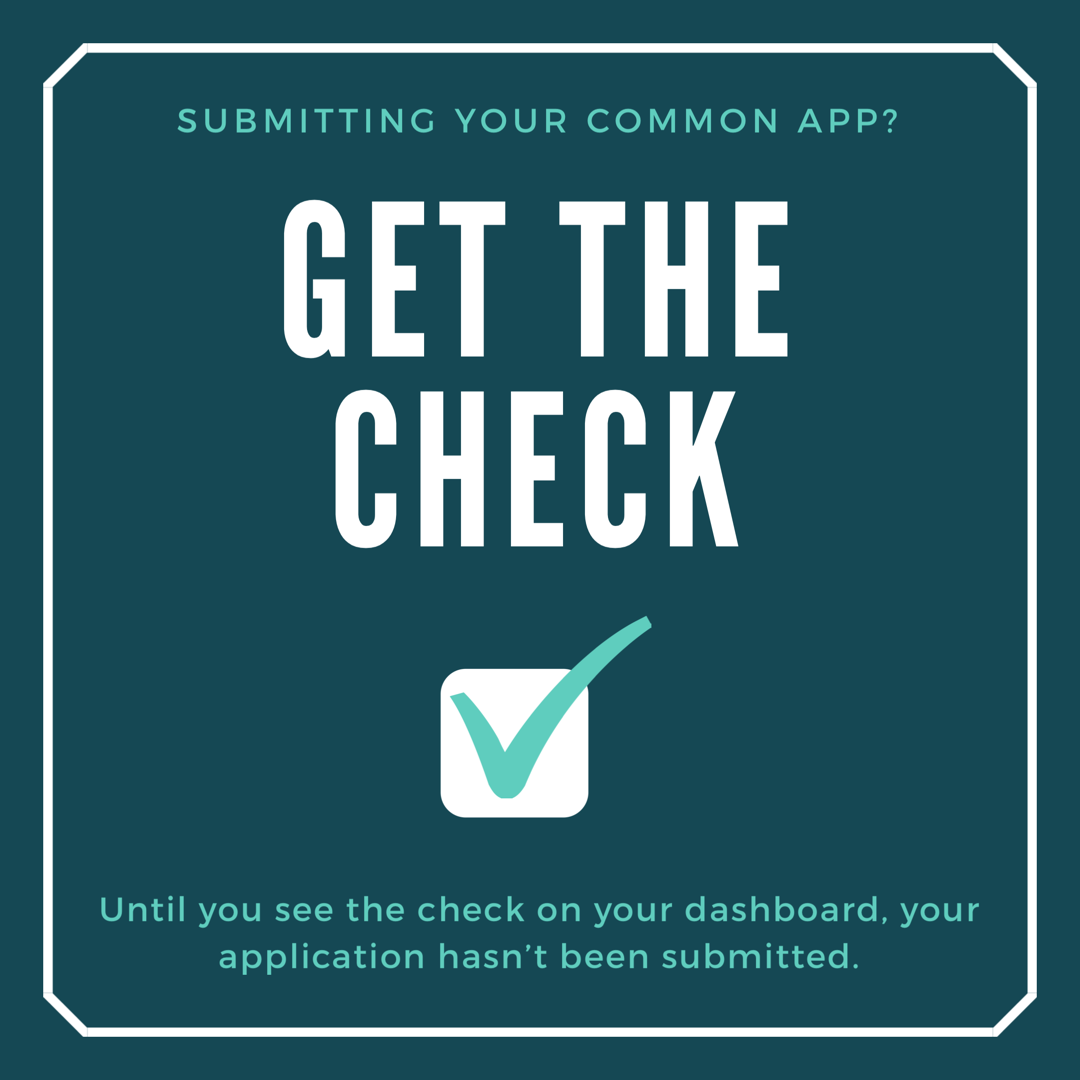Q: I submitted my Common Application a few weeks ago. When I looked back at it again, I noticed a typo in my activities. What do I do?
A: A college representative was visiting our office a few weeks ago, and we asked the same question of her. "Students need to realize that we are human too! We are far more understanding than they think!"
Mistakes happen all the time!
So what should you do if you discover an error in an application that has already been submitted? If it absolutely needs to be corrected, such as an incorrect essay version or glaring typo, the student should call the school and ask what their policy is for correcting the mistake. Often, the college will have the student email the change to the general admission email -- an admission staff member can then make the adjustment on their end, sometimes even before the file has been reviewed. If the error is more of an oops than egregious, it can be a harder call. Sometimes, it is better just to let it go. Pointing out the error may draw more attention to it, which could be a bad thing.
"I totally get it! These kids are juggling so much," said the rep. "Even calling us the wrong name in a supplement I'll let go if the rest of the application is strong."






